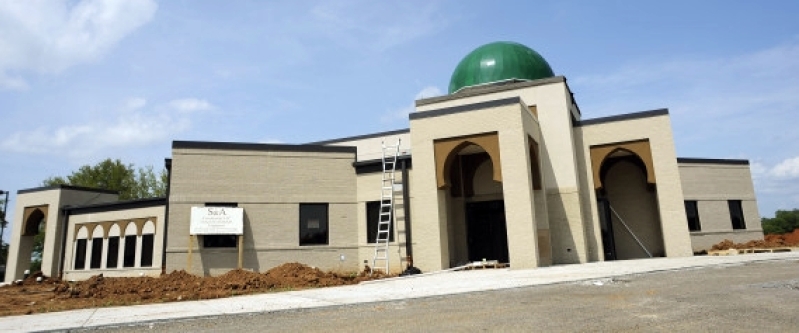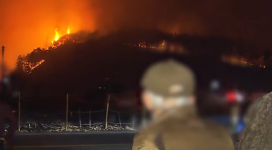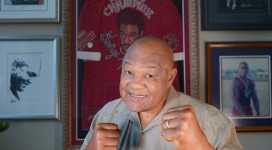
On Monday, the U.S. Supreme Court declined to hear the case of a group in Murfreesboro, TN vehemently opposed to the expansion of The Islamic Center of Murfreesboro and mosque in the city. The Center was established in the early 1980's, but conflict ensued when Rutherford County officials approved expansion plans in 2010.
Initial Conflict in 2010
When Rutherford County officials approved the plans for the mosque, reactions were intense. According the the New York Times' initial coverage of the events, someone set fire to construction equipment at the Center, followed by an episode of gun shots near the property the next day. The expansion even became a topic of conversation in the local Congressional race, in which one candidate accused the Center of fostering terrorism, trying to link it with the Palestinian group Hamas. Hundreds of others marched in protest.
Imam Mohamed Ahmed responded to the acts of violence: "Whoever did this, they are terrorists. What's the difference between them and Al Qaeda?"
The Lawsuit
Opponents of the expansion filed a suit against Rutherford County, desiring to stop construction. The basis for their complaint? According to The Huffington Post, opponents said that local officials "failed to give adequate notice of a meeting where plans for the mosque's construction were approved." In court, Joe Brandon Jr., a lawyer representing opponents of the expansion, said that the First Amendment's protection of religious freedom did not apply to this case, arguing that Islam is not a religion. After hearing the Supreme Court's refusal to hear the case, Brandon Jr. responded, "It's in the Lord's hands now. We have done all we can do."
A local judge ruled in favor of those opposing the expansion on the basis that public notice of the planning commission's hearing on the action was inadequate; but the decision was overruled by a federal court and again later by a state appeals court.
Support for the Expansion
Reaction to plans for expansion were not all negative, though. According to The Huffington Post, more than 100 local religious leaders signed a letter supporting the expansion. In addition, local interfaith groups and other leaders voiced their support. And Remziya Suleyman, director of policy and administration for the Nashville-based American Center for Outreach, went so far as to say that good has come from the conflict. Specifically, she said, "Local Muslims are more engaged in the community," and "have closer ties to local interfaith groups."
Fight Not Over
Members of the Center breathed a sigh of relief upon the Supreme Court's decision. "It was a difficult process," said Saleh Sbenaty, member of the Islamic Center. "Today the Constitution prevailed. It shows that the Constitution upholds the rights of those who are in the minority."
But the fight is not over quite yet. A separate lawsuit has been filed which will not be settled until mid-June. This lawsuit concerns zoning for having a cemetery on the site. According to Aljazeera, Lou Ann Zelenik, a former Republican congressional candidate who accused a former member on ICM's board of "promoting terrorism," led the opposition to the cemetery.







